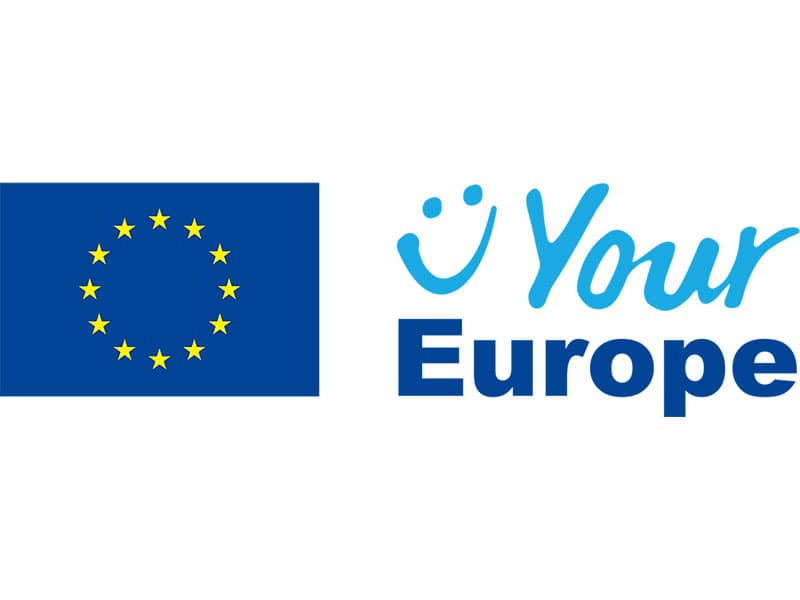Electoral principles
- General right to vote
- Free right to vote
- Secret right to vote
- Equal right to vote
- Personal right to vote
- Immediate right to vote
- Legal basis
General right to vote
All Austrian citizens who have reached the voting age have the right to vote (active right to vote) and to be elected (passive right to vote).The Federal President and the members of parliament can be elected to the "General Representative Bodies" (at federal level to the National Parliament, at provincial level to the Provincial Parliament, at municipal level to the municipal council/local council and the members to be sent by Austria to the European Parliament). In some federal states, citizens can also elect the mayor.
Non-Austrian EU citizens have the right to vote in municipal council elections or, in Vienna, in district representation elections as well as in European elections.
Free right to vote
Citizens must not be influenced in their choice by anyone, i.e. the vote must be free of coercion. None of the campaigning parties may be disadvantaged by the electoral legislation or the electoral principles.
Secret right to vote
The vote should be cast in a manner that is not recognisable to the electoral authority and the public. The following measures, among others, are intended to ensure the secrecy of the voting decision:
- Voting booth
- Voting envelope
- Voting box
- Legal protection of the secrecy of the vote
- Declaration in lieu of an oath for postal voting
Freedom of choice is protected by the secrecy of the vote.
Equal right to vote
Equal right to vote means that every citizen entitled to vote is entitled to one vote and every vote has the equal influence on the election result. This is to ensure that the potential weight of each vote is the same (equal count).
Personal right to vote
The right to vote must be exercised in person, i.e. the voter cannot be represented.
An exception is made for people with physical, sensory or cognitve disabilities who cannot reasonably be expected to fill in the official ballot paper without assistance. They are permitted to be assisted in voting by a person of their choice.
Ballot paper templates are used nationwide to enable blind or severely visually impaired voters to cast their vote without assistance.
Immediate right to vote
The voters elect the members of parliament directly and not - as is usual in the USA, for example - indirectly through "electors". By casting a so-called preferential vote, the voter can emphasise a candidate from a list of candidates and, with a correspondingly high number of votes, cause candidates to be reordered on the election proposal.
Legal basis
article 26 of the Bundes-Verfassungsgesetz (B-VG)

